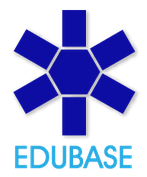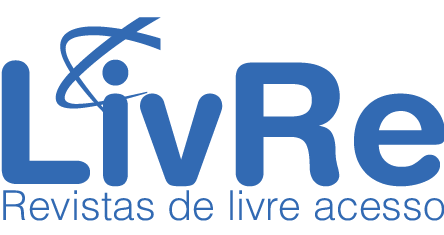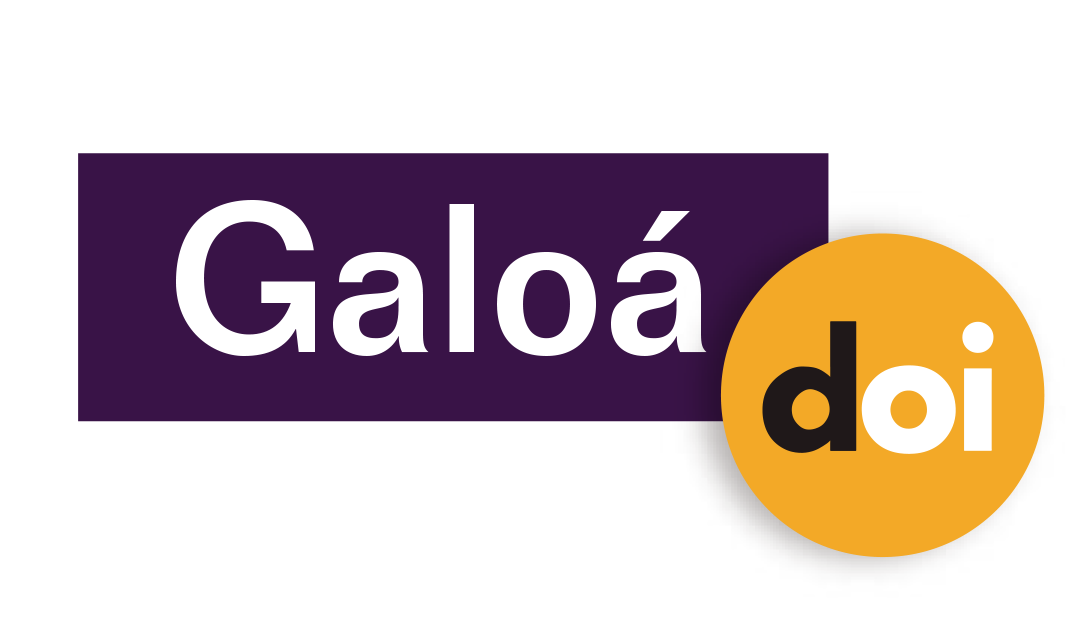Science Education and Indigenous Knowledge in a Decolonial Perspective: An Argentine Case
Resumo
Background: In the context of Intercultural Bilingual Education, various explanations of natural phenomena circulate. Objectives: We wonder how such diversity is addressed in science classrooms taking into account the intercultural and decolonial approaches proposed by the Epistemology of the South. The objective of this research is to explore the relationships between a teacher's curricular decisions, their conceptions about the nature of science and indigenous knowledge, and their students' conceptions about the nature of science and indigenous knowledge. Design: A qualitative and exploratory research is carried out, as a previous diagnosis for an action-research. Setting and Participants: The case study is a natural sciences course in a Bilingual Intercultural Education Teacher Training Program in Argentina; the participants were the teacher who teaches the course and his 15 students. Data collection and analysis: Data are collected through non-participant observation, and interviews and content analysis is performed with categories defined a priori from the literature. Results: There is a great difference with respect to the activities proposed for the topics on scientific knowledge and that on indigenous knowledge, which reflects the teacher's conceptions. There is a lack of dialogue between the knowledge approached, as well as a lack of reflection on the problems that arise. The students' conceptions reflect these tensions. Conclusions: This suggests rethinking the teaching of science in the context of the intercultural modality in order to reverse the hegemonic role that scientific knowledge continues to play.
Palavras-chave
Science education; Conceptions; Interculturality; Decolonization; Teacher education
DOI: https://doi.org/10.17648/acta.scientiae.6852
Apontamentos
- Não há apontamentos.
Direitos autorais 2022 Veronica Albanese, Tatiana Edith Vergara

Esta obra está licenciada sob uma licença Creative Commons Atribuição 4.0 Internacional.
ANÚNCIOS
Informamos que, a partir de outubro de 2024, a revista Acta Scientia volta a aceitar submissões de artigos para publicação.
Mais, informamos que sites fraudulentos, https://periodicos-ulbrabr.org e https://periodicos-ulbrabra.org, estiveram se passando pela Acta Scientiae, utilizando nosso nome e identidade visual e até solicitado taxas de APC, que nós não cobramos. Aconselhamos cautela para evitar serem enganados por sites semelhantes.
Conceito A2 na Capes(2021)
Índice h5 do Google Scholar: 13
Índice mediana h5 do Google Scholar:24
eISSN: 2178-7727
Indexações:
A Acta Scientiae é indexada em: | Scopus |  | Latindex |  | Edubase (SBU/UNICAMP) |
 | Sumarios.org |  | Google Scholar |  | Portal LivRe (CNEM) |
 | Journals for Free |  | REDIB |  | Galoá DOI |

Todos os trabalhos publicados aqui estão sob uma licença Creative Commons - Atribuição 4.0 Internacional.
